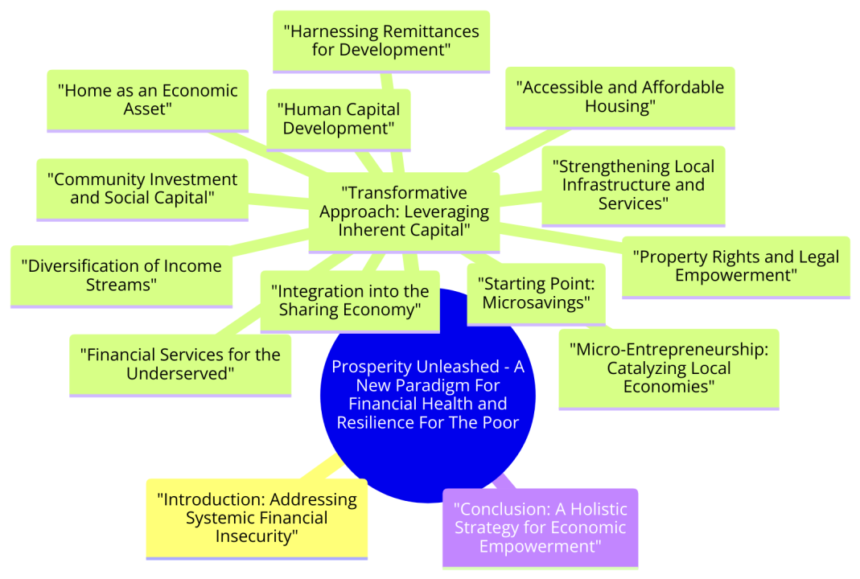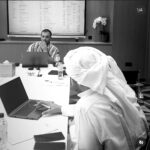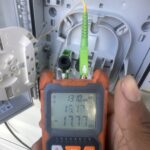Living with a disability presents unique challenges, often impacting not just physical capacities but extending to broader life aspects, including work opportunities and overall wellbeing. In Australia, strides have been made to integrate career development with holistic health strategies, thereby enhancing the quality of life for people with disabilities. It’s clear that implementing targeted measures to support both the professional and personal growth of individuals with disabilities is imperative for fostering inclusive communities and building pathways to prosperity.
Understanding the Foundation: Disability Employment Services
Critical to the integration of employment and holistic health is understanding the fundamental role of Disability Employment Services (DES). DES programs are specialised in providing assistance to those with disabilities to find and maintain meaningful employment. These services recognise the importance of sourcing job opportunities that are not just physically suitable but are also aligned with the individual’s skills and passions.
Accessing DES becomes a gateway to self-sufficiency, where skill development and employment strategies are tailored to each individual. The impact of employment goes beyond financial stability; it instils clients with a sense of purpose and belonging. This is crucial in enhancing the overall wellbeing of people with disabilities who may otherwise feel marginalised from mainstream vocation opportunities.
The Vital Role of Wellbeing Workshops
While employment is a vital component of an individual’s life, the holistic approach to disability care and support doesn’t stop there. Equally important are wellbeing workshops, which provide avenues for personal development and self care. These workshops can cover various aspects, from mental health support and stress management to social skills and community participation.
Integrating wellbeing workshops within the disability support framework ensures a more rounded approach where individuals are not only able to contribute economically but also experience improvements in their mental and emotional health. This duality is the cornerstone of true inclusion and empowerment for people with disabilities, offering solutions that address the totality of their needs and aspirations.
Navigating Systems with Support Coordination
The complexity of navigating disability services and funding programs like the National Disability Insurance Scheme (NDIS) cannot be underestimated. This is where the role of a support coordinator NDIS becomes invaluable. Support coordinators possess the expertise in understanding the intricacies of the NDIS and aid individuals in leveraging the available supports to their full advantage.
Having a support coordinator ensures that individuals with disabilities can make the most of both employment and wellbeing programs while managing the nuts and bolts of their funding structures. This can alleviate the administrative burden and allow for a focused pursuit of personal and professional growth.
Integrating Strategies for a Thriving Life
The integration of DES, wellbeing workshops, and expert coordination can be likened to a trinity of support, each complementing the other to construct a well-rounded and fulfilling life for people with disabilities. These components, when brought together, are instrumental in removing barriers and fostering opportunities for individuals to thrive in every aspect of life – professionally, personally, and socially.
Moreover, the sense of community that can be built through inclusive employment and wellbeing initiatives provides a reaffirming environment where diversity is celebrated, and everyone is given an opportunity to contribute their unique strengths. The positive outcomes to society as a whole can’t be overstated; inclusive practices lead to a richer, more diverse workforce and a stronger, more cohesive community.
Forging Ahead: The Future of Disability Support
As we look to the future, the continuing innovation and integration of DES and wellbeing strategies will undoubtedly be the key to unlocking greater levels of independence and quality of life for people with disabilities. It’s essential to keep pushing the boundaries, ensuring services respond to changing needs and continue to empower Australians living with disabilities.
Forging effective partnerships among policymakers, service providers, employers, and the community is the path forward. It’s through collaboration and the exchange of ideas that best practices can emerge, allowing individuals to access the most effective support tailored to their needs.
In conclusion, the trajectory towards prosperity for people with disabilities is clear. By leveraging comprehensive and integrative services like DES, wellbeing workshops, and dedicated NDIS support coordination, individuals are equipped to face challenges head-on, turning them into opportunities for growth and participation. It’s about crafting a society where every person is respected, valued, and provided with avenues to a thriving life, regardless of disability. And this societal shift starts with understanding and implementing the systems designed to promote such transformation.
The journey of empowerment and integration for Australians with disabilities is a multifaceted endeavour. Embracing the value of services such as DES, facilitating growth and resilience through wellbeing workshops, and enhancing navigation of complex systems with the help of a support coordinator NDIS have demonstrated indispensable roles in shaping truly inclusive opportunities for a better, more prosperous life for all.





